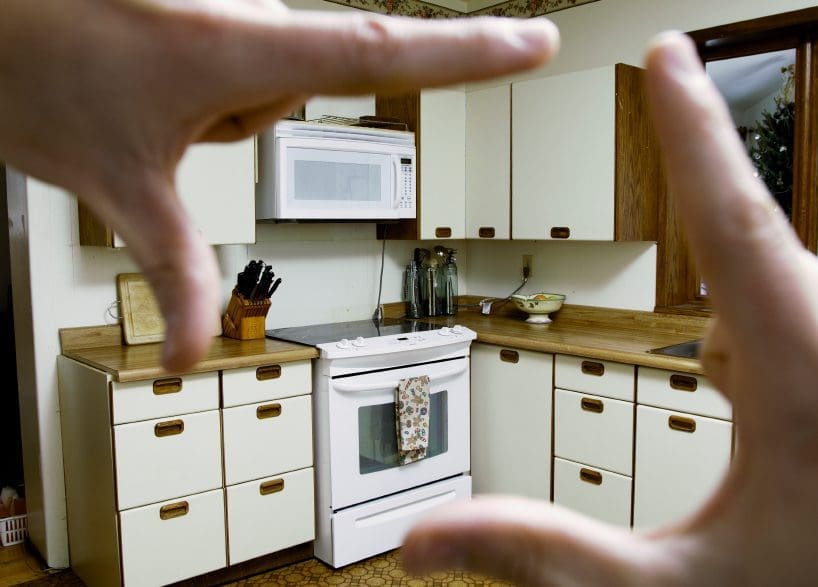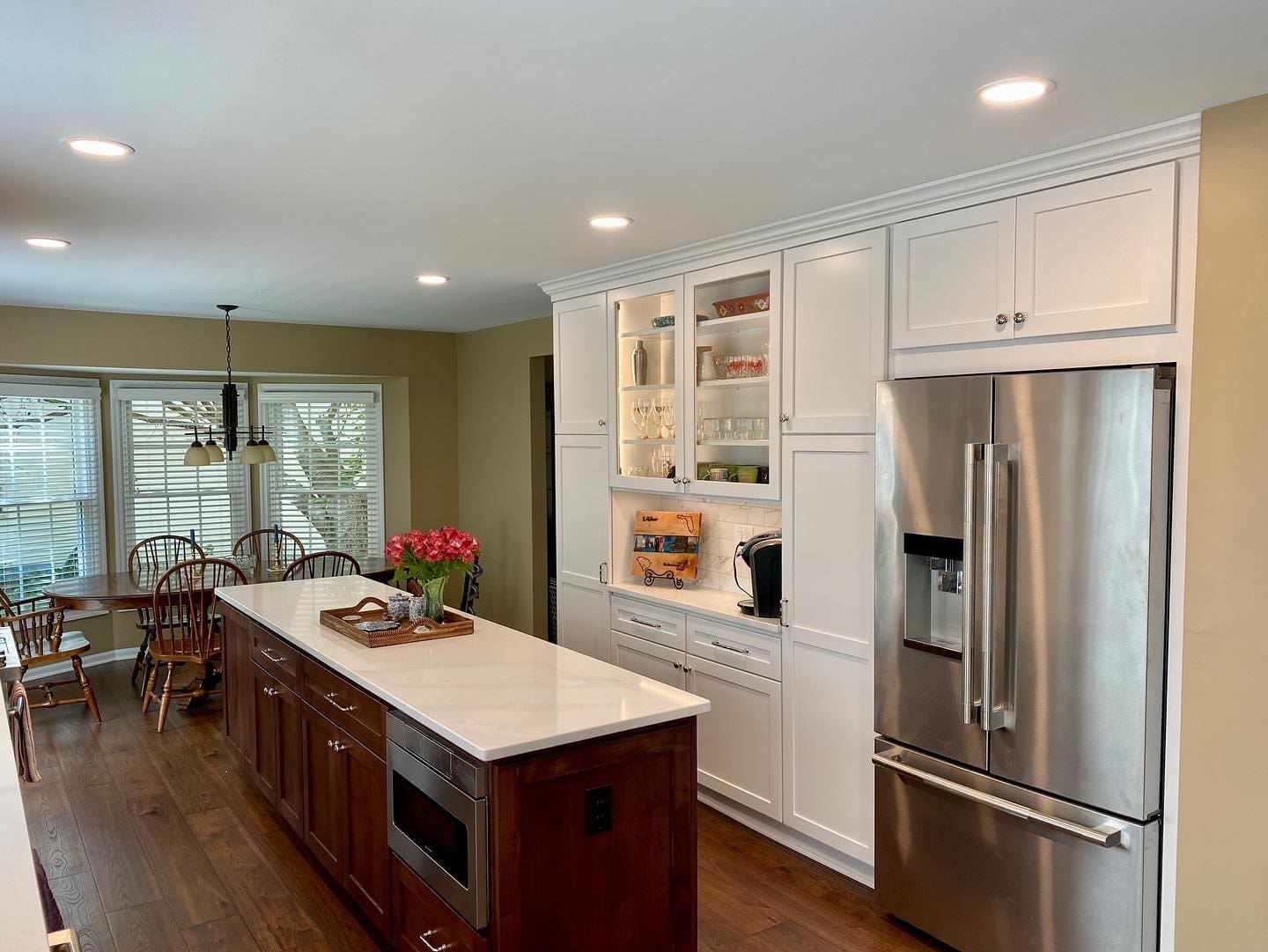The Wisdom of DIY Kitchen Renovations
There’s certainly a great deal of pride and sense of personal accomplishment associated with tackling your own major renovation project. Possessing the skills, tools, time and patience associated with remaking your kitchen space into something magnificent is truly a rare but conceivable goal. While often such decisions are driven by pure economics, they may also be equally driven by ego; and it’s the latter that should be more evenly scrutinized when making such a decision to ‘do it yourself’.
“The Cobbler’s Children Have No Shoes”
Should you ever have an occasion to spend some casual time with a trades’ contractor they will, no doubt, anecdotally share with you how their own home projects have been ‘half-done’ for years. In spite of the fact that they’re highly skilled in performing the tasks at hand, and in spite of the fact that they actually love what they do, their personal projects get set on the back burner and simmer for months at a time. This is likely due to the fact that their employment and long hours engaged in this trade for the benefit of someone else’s home gives them no respite from the trade which they yearn for once they get home.
Why is this statement an important declaration for the DIY’er to observe? The contractor has all the knowledge, all the tools, all the expertise, all the resources, and only lacks the ambition and focus. The DIY’er has the ambition and probably only traces of the balance of the formula. So, in effect, the DIY’er must find a logical and economical means to acquire the rest of the credentials in order to achieve the desired results in a timely fashion.
Examining the Critical Economics of DIY Kitchen Renovations
As folks first embark upon their kitchen makeover ambitions, they tend to take careful notes as to the product costs and tally along the way. When they start interviewing potential contractors, they may start to feel a little ill when the project suddenly jumps 30-35% because of professional labor—not to mention the alienation they sense because, ‘…and he’s buying the products cheaper’. So, enter-in the notion of a homeowner doing it themselves in order to save the labor costs. If the homeowners find themselves being pushed toward doing it themselves rather than planning to do it right from the start, disasters ensue. Think about it: the ambition is not there.
One critical consideration a DIY’er must entertain has to do with their own profession and how, economically, this squares-up with the task at hand. Let’s say, for example, that a homeowner hires most contractors to perform work in their kitchen with the exception of the painter—because, well, everyone can paint a room, right? The homeowner, we’ll pretend, is a medical professional who makes about $30 per hour; and the painter, oddly enough, makes the same. The homeowner takes three days off of work and then calls in sick two more days in order to paint this kitchen because, quite frankly, this person handles a paint brush once per decade. Even though the vacation and sick time were compensated, the actual value was $1,200-$1,500 because tools and materials had to be purchased. The painter is likely done in two days—with professional results.
Another variable worth noting is how a homeowner’s insertion into the work schedule, as a laborer/contractor, actually affects the schedule of events. It’s important to realize that a performance schedule, per contractor, is not independent of other trades. In other words, if a homeowner decides to take a couple nights off from doing their expected share of the project, every other contractor’s schedule is jeopardized; and if this occurs, delays and extraneous expenses will follow. In short, the homeowner must fully embrace the responsibility of a contractor if they fully intend to employ themselves, partially or wholly, in this DIY kitchen renovation.






